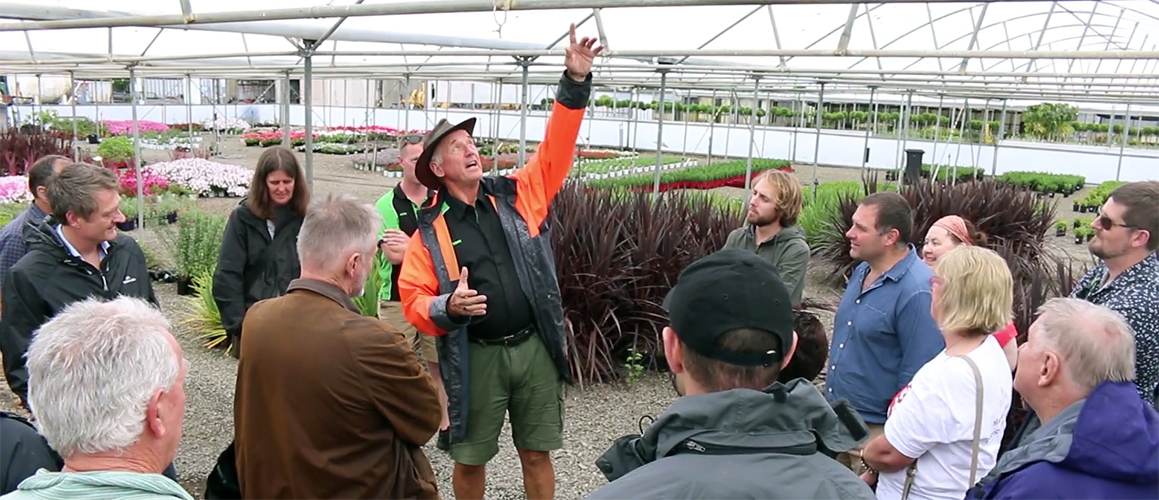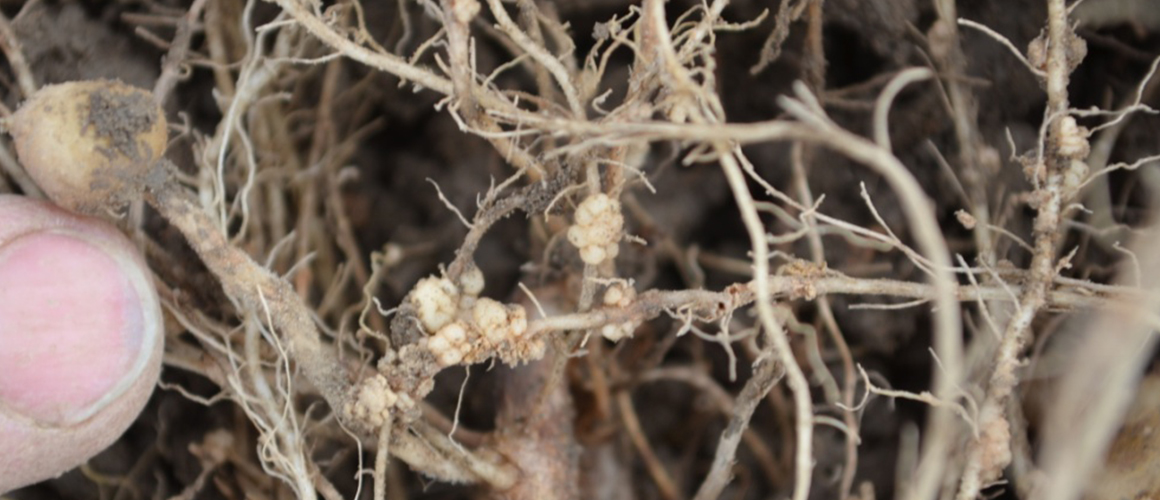Spongospora Infection of Potato Roots – Ecology, Epidemiology and Control
15 May 2019
Masterclass in Hort Business to offer flexible learning options
23 May 2019Project Code
Powdery scab disease of potato (caused by tuber infections with the protozoan pathogen Spongospora subterranea) has long been recognised as a common and economically important blemish disease. More recently potato root infection by this pathogen has been demonstrated to result in significant yield losses which greatly affect the economic competitiveness of the industry.
A recent project has looked at the ecology, epidemiology and control of Spongospora Infection of Potato Roots, specifically focusing on the root infection phase.
The broad aims of the project were to:
- Provide new information on the fundamental understanding of the Spongospora root infection process essential for design and development of future management strategies.
- Develop and optimize a new root pathogen detection tool which will be able to accurately quantify the efficacy of various management strategies in reducing or delaying root infection.
- Develop a suite of novel disease control options that can reduce soil-borne inoculum and can interfere with the root infection processes through disruption of pathogen zoospore release and attraction.
- Determine the pathogen’s alternate host range (common weeds and alternate crops) and the relative resistance or tolerance of important processing potato varieties to root infection.
- Develop a set of a recommended integrated disease control options.
The full final report of this project is now available on the InfoVeg Database.
| PT14002 Spongospora Infection of Potato Roots – Ecology, Epidemiology and Control has been funded by Hort Innovation using the fresh potato and potato processing research and development levies and contributions from the Australian Government. |  |
Article
Potatoes
Solanaceous vegetables

